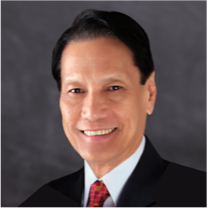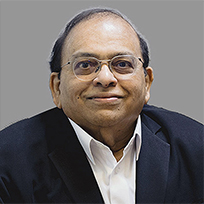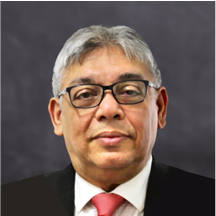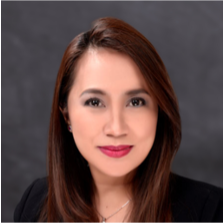
Roberto “Obet” M. Pagdanganan
Chairman of the Board of E-HealthCore, has had an extensive experience in private sector and government service as well as in civil society organizations. Starting as a management trainee in 1968, he held various senior technical and marketing management positions at Unilever Philippines until he joined the government when he was appointed OIC Governor of the province of Bulacan in March, 1986. He went on to serve as Bulacan Governor for 12 years during which time he was elected as National President of the League of Provinces for 3 terms and founding Chairman of the League of Leagues later renamed Union of Local Authorities of the Philippines. He had also served as Chairman of the Cooperative Development Authority, Secretary of Department of Agrarian Reforms, Secretary of Tourism, Chairman of Philippine International Trading Corporation, and founding Chairman of PITC Pharmaceuticals Inc, now known as PPPI, which launched the “Botika ng Bayan” Program to promote safe and affordable generic medicines.
Governor Pagdanganan is presently also Chairman of Medicines Transparency Alliance, (MeTA) Inc., and Health Retirement and Tourism Alliance (HeaRT). He is also a member of the National Executive Board of the Boy Scouts of the Philippines where he has served as National President for four terms. He is also a Past President of the Rotary Club Of Manila, the first Rotary Club in Asia, and Past District Governor of Rotary International District 3810.
Gov Pagdanganan graduated with the degrees of Bachelor of Chemical Engineering, summa cum laude, in 1968, and Bachelor of Laws in 1990, from Manuel L. Quezon University. He obtained a Masters in Business Administration at Dela Salle University in 1980. He was also granted a Doctorate in Education Management, honoris causa, by the Bulacan State University in 1995. He is presently a part-time professorial lecturer at the Polytechnic University of the Philippines Open University System and an Eminent Fellow at the Philippine Public Safety College.




